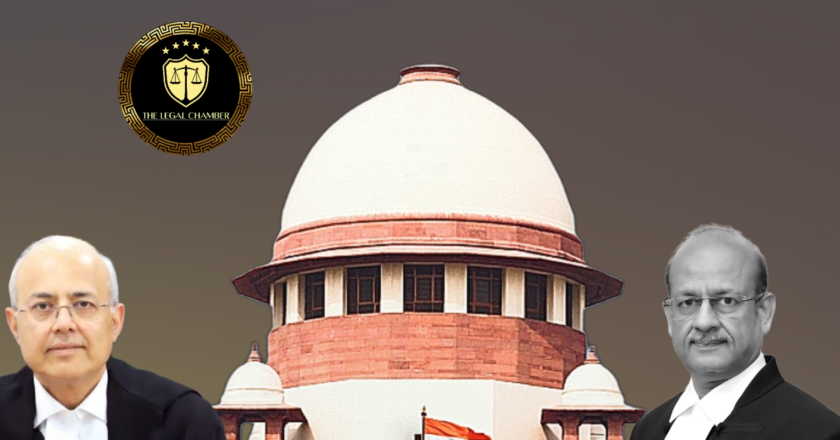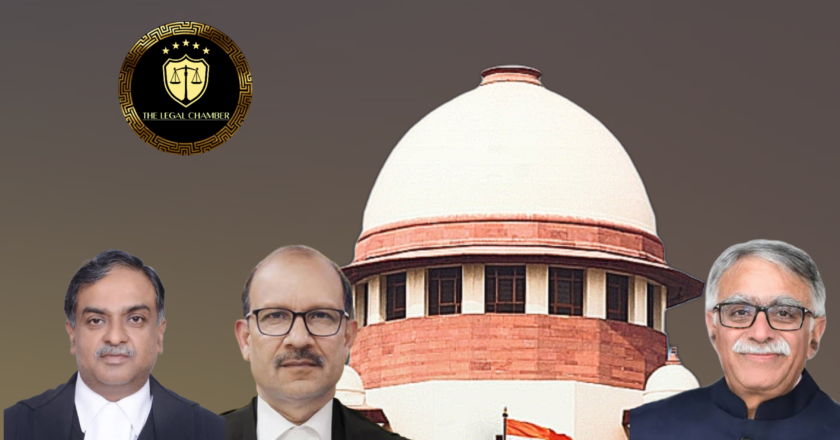Supreme Court: Father’s Hearsay Statement Cannot Overturn a Dying Declaration
The Supreme Court held that a High Court, in its revisional jurisdiction, cannot re-appreciate evidence to overturn an acquittal. It can only correct glaring errors. Finding no such error and that the dying declaration did not establish the charges, the Court restored the Trial Court's order of acquittal.
Facts Of The Case:
The case originated from an incident on June 14, 2005, in which a woman sustained fatal burn injuries in a fire at her marital home. Her husband (Appellant 1) and another accused (Appellant 2) were charged under Sections 498A (cruelty) and 306 (abetment of suicide) of the Indian Penal Code. The prosecution alleged that the appellants harassed the deceased and that the fire was a result of a deliberate act. The core of the prosecution's case was a dying declara...



